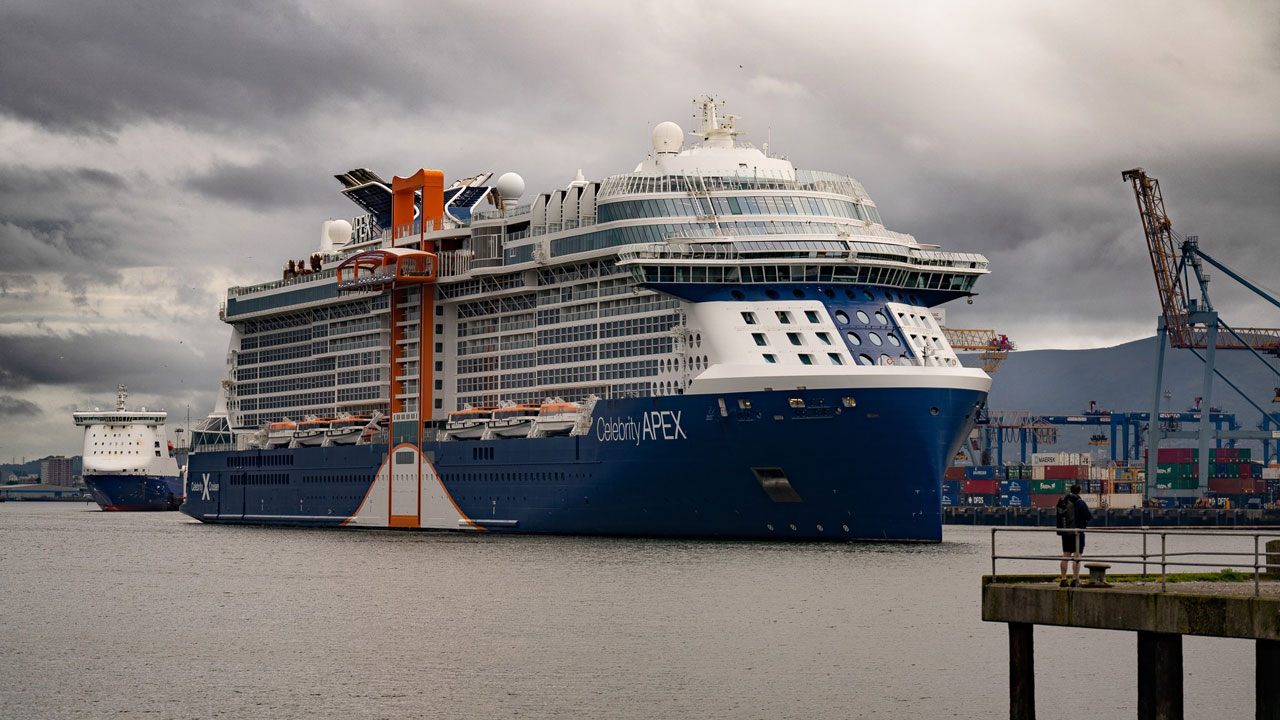
Tetra Tech supported our client to secure all environmental permits for new cruise berth facilities at D3 in Belfast Harbour to facilitate growth in cruise ship traffic and deliver a positive impact on the Northern Ireland economy.
Challenge
Belfast Harbour serves the Northern Ireland economy and increasingly that of the Republic of Ireland. Around 70 percent of Northern Ireland’s and 20 percent of the entire island’s seaborne trade is handled at the Harbour each year. The £90 million D3 cruise terminal project is the single largest infrastructure ever undertaken by the Harbour and will help accommodate some of the world’s largest vessels and expand capacity for offshore wind turbine assembly and installation.
The cruise ship berth at D3 is located on the Belfast Lough, which is a heavily designated waterbody due to high populations of marine animals and birds. Under the Northern Ireland Planning Act, the project was deemed as a Regionally Significant Project to be dealt with by the Department of Infrastructure Strategic Planning Group (SPG). In addition to planning and marine license consent for the various elements of the berth, considerable pre-application discussions were required to discuss the key environmental issues with the SPG and the Department of Agriculture, Environment and Rural Affairs (DAERA). Pre-application community consultations were also required given the scale of the project.
Solution
Tetra Tech provided integrated project management, planning and consent, environment, and stakeholder engagement services to the Belfast Harbour Commissioners. We managed a lengthy joint pre-application discussion process with DAERA and SPG to discuss the key issues, agree on approaches, and various assessments required. Additionally, we prepared a detailed and comprehensive planning submission based on pre-application discussions, including a community consultation report, design and access statement, and a planning statement.
Tetra Tech supported the client to meet environmental regulations on land and at sea. Our environmental compliance team conducted a rigorous environmental impact assessment (EIA) covering coastal hydrodynamics, ornithology, terrestrial and marine ecology, and noise and air. We prepared and submitted three marine license applications—including to construct, dredge, and disposal at sea—and management of the marine consent process.
Regular communication and close liaising with the local authorities and client during the planning and marine process was key to its success. Project completion is expected in 2027, with cruise tourism for the regional economy estimated to grow between £20-25 million per year.